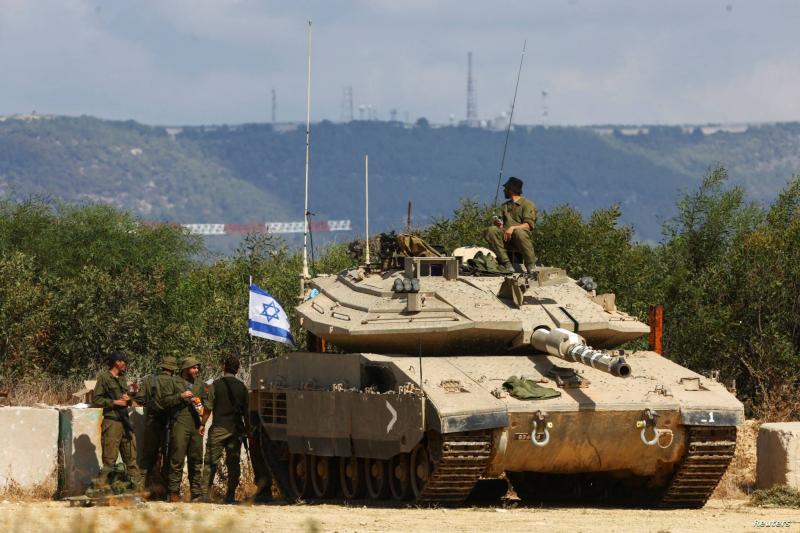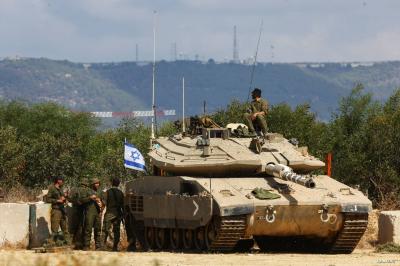The "Storm of Al-Aqsa" operation, the Gaza war, and the open fronts supporting "Hamas" have provided a living lesson for direct players, without absolving behind-the-scenes players from strategic consequences.
Nothing, not even medicine, is devoid of harmful side effects; nor do any calculations, no matter how precise in any military or political operation, serve as a guarantee against unforeseen results, which are sometimes contrary to the defined objectives. What happens if the decision-maker relies solely on a one-dimensional perspective of any operation? What if this operation is linked to a broader, highly complex endeavor in a game with many players, multiple goals and means, spanning geography, and open in the geopolitical and strategic conflict?
History is filled with lessons, particularly in wars where players ignored the advice of the ancient Chinese thinker Sun Tzu: "Know your enemy and know yourself." The most recent lessons are evident in the wars in Ukraine and Gaza. President Vladimir Putin invaded Ukraine to prevent the West and NATO from approaching the Russian doorstep and to reclaim the geography of the Eurasian project. Consequently, Finland and Sweden rushed to join NATO, and the entirety of the West rallied around Ukraine. President Joe Biden and European leaders aimed to weaken Russia in a war of attrition, yet found themselves drained, consistently providing more money and weapons to Kyiv.
The "Storm of Al-Aqsa" operation, Gaza war, and open fronts supporting "Hamas" have delivered a visceral lesson for direct players, without exempting behind-the-scenes players from strategic repercussions. "Hamas" has shaken Israel, but the price was greater than just the destruction of Gaza. Ariel Sharon opted to withdraw from Gaza in 2005 and dismantle the settlements to forget the region and its challenges, but Gaza haunted him with the slogan of liberating Palestine. Netanyahu bet on the division between the West Bank and Gaza and did everything possible to deepen it, considering the dispute between "Hamas" and the Palestinian Authority led by "Fatah" as a "guarantee against the establishment of a Palestinian state," as he told his party deputies in 2019. However, the war to "eliminate (Hamas)" has revived the Palestinian state issue in the U.S., Europe, and the rest of the world, while the brutality in killing Palestinian civilians has led Israel to isolation, even among its friends who now fear defending it.
Opening the southern front by "Hezbollah" to support "Hamas" and linking everything in Lebanon to the end of the Gaza war has resulted in another connection within a new equation: No return to the status quo ante of October 6, 2023, in Gaza, and no return to the status quo ante of October 8 in the south, in addition to revealing the deficiencies in the "mutual deterrence" strategy. Deterrence protects Lebanon by preventing the enemy from attacking for fear of the heavy price it would pay on the home front. Still, deterrence falls apart if the enemy decides that its gains in war are necessary regardless of the losses it can endure.
This is the situation today; the "Islamic Resistance" cannot protect Lebanon from destruction, even though it can inflict significant damage on Israel. What protects Lebanon is the implementation of Resolution 1701 in all its components, alongside a form of deterrence that does not undermine this implementation, all under international auspices. If Lebanon's losses from opening the southern front are calculated alongside what "the axis of resistance" gains from its regional project, then Lebanon's protection becomes irrelevant. There is no power and no strength except with God.
Amidst the shining slogans, what we need is to "seek the truth in the facts," to borrow a Chinese expression, completed by Deng Xiaoping's saying, "Crossing the river by feeling the stones."




